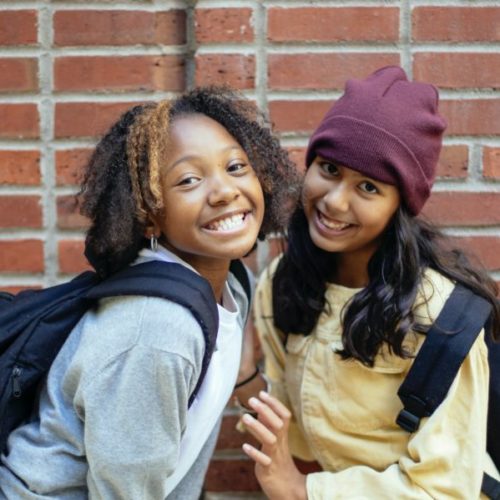This blog post was first published on anahomayoun.com.
Greetings!
In our office, we are gearing up for a new school year, which means a flurry of organization workshops, and the start of lots of college counseling. This period of change, while exciting, can also be destabilizing for many students, leaving them with more questions than answers.
In my most recent book, Erasing the Finish Line, I talk to students 10-12+ years after working with them to see how they have achieved personal success with great expectations of traditional success. Reconciling these two pieces, of individual desires and external pressures, can feel insurmountable.
To guide students through this time of transition, try asking the following open-ended questions to learn more about your student’s needs, interests, and future aspirations.
- School – What daily habits worked well last school year? What habits would you like to change or improve upon? How can you best manage distractions or diversions? Are there new subjects of personal interest and new topics to explore?
- Social Life – How can you be a good friend to others? What qualities do you look for when making new friends? Are there any individuals or communities that you’d like to connect with?
- Activities and Hobbies – How do you enjoy spending your free time (activities, hobbies, etc)? Has that shifted or changed – for instance, are certain activities no longer of much interest, and others of more interest? Do you have time daily/weekly/monthly to pursue those interests, and make them a priority?

- Outdoors – What green spaces are accessible near home or school that you can visit? What activities can you enjoy to release stress and recalibrate–walking, running, reading in the park, roller skating, playing basketball? How can you make time every day to enjoy time outside?
- Independent Project or Collaboration – What is a way you could develop your skills around a personal interest (for instance, over the past year I’ve had the greatest conversations with middle and high school students about exploring their interests – we’ve talked about music production, game design, painting, entrepreneurship etc). An independent project or collaboration isn’t meant to create an additional to-do list – instead, it is intended to provide an opportunity for exploration.
If your school or organization would like to host a visit to discuss promoting executive functioning skills and student well-being in today’s school world, navigating social media and technology, or overcoming the culture of perfectionism (and related topics!), please reach out here.
I wish you and your loved ones the best possible school year ahead—one filled with brightly colored sharpened pencils, written planners, and technological devices that work easily.
Other Links of Interest:
4 Keys to a Successful Start at a New School (Edutopia)
Want to Start the Year off Right? Teachers Share Their Best Tips (Education Week)
Kids reflect on the start of a new school year (NPR)
How to Prepare Your Child for a New School (PBS Kids for Parents)
